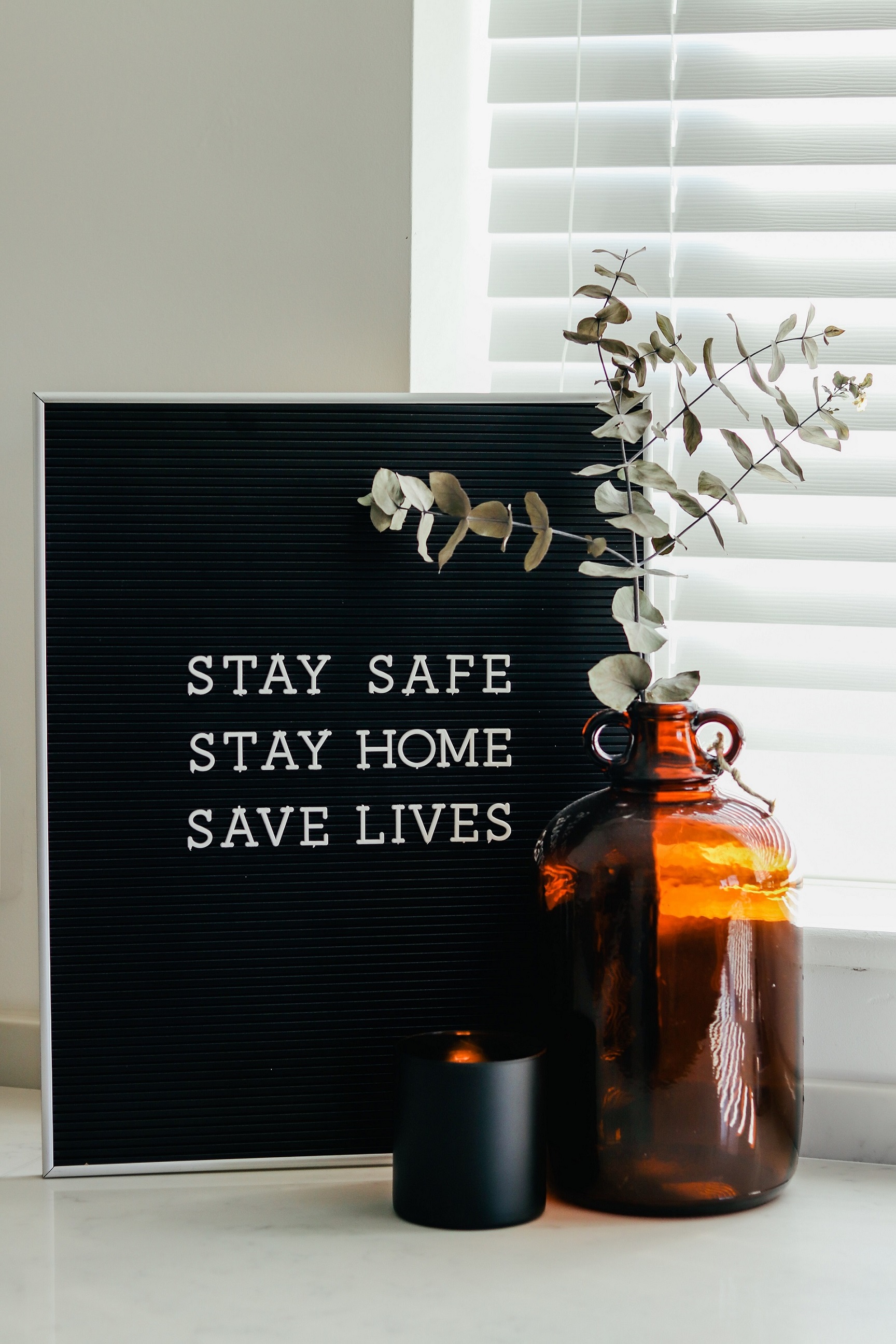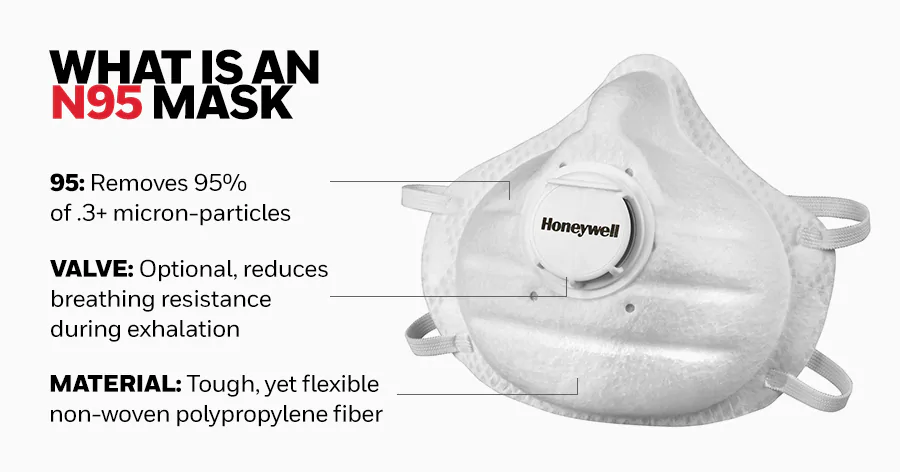 |
|
| Photo courtesy of Sandie Clarke |
As a community service organization, Phi Beta Sigma Fraternity, Inc and the Zeta Alpha Sigma chapter cares about the community. To that end we want to ensure that we are proactive and sensitive to the issues that face our community such as the Coronavirus. We are not a health organization, nor are we in any way expressing any kind of health instructions but merely sharing general information and awareness for the public in hopes that we can be another influential voice to shed some light on this communicable disease.
The evolving coronavirus outbreak was first identified in Wuhan City, Hubei Province, China. The information includes links to interim guidance and other resources for preventing exposures to, and infection with, the novel coronavirus—now officially named COVID-19.
We are well into our Social Distancing and Mandatory Quarantine measures to flatten the curve of infections on a National and Regional level. Please be sure to take good measures to protect yourself and your families, especially within the African American and Latino communities. We are being disproportionately affected at an alarming rate as diverse communities.
Exposure risk may be elevated for some workers who interact with potentially infected travelers from abroad, including those involved in:
- Healthcare
- Mortuaries
- Laboratories
- Airline operations
- Border protection
- Solid waste and wastewater management
- Travel to areas where the virus is spreading
There is much more to learn about the transmissibility, severity, and other aspects associated with COVID-19 as the outbreak investigation continues. It appears that infected people can spread COVID-19 through respiratory transmission, especially when they cough or sneeze. Practice good hygiene, washing your hands thoroughly and often. Limit touching your face and do your best to clean and disinfect surfaces within your home, car, and other areas you may frequent. Wear a mask when in public and in the event of self-quarantine.
The Centers for Disease Control (CDC) recommends personal protection equipment, like masks and N95 Respirator Masks as the preferred mask.

According to Dr. Stacey Rizza of the Mayo Clinic, there are additional symptoms of Covid-19 showing up, so look at these potential symptoms and please be sure to talk with your doctor if you are experiencing any of these issues. The classic ones you'll hear about are fever and any kind of respiratory symptoms, like shortness of breath or cough, or anything that involves the lungs," says Dr. Rizza. "We also know that people are likely to express these receptors the virus needs to infect cells in the mouth, in the throat, and in the GI (gastrointestinal) tract. We have seen people get sore throat, some kinds of GI upset and sometimes diarrhea. We also know these receptors are expressed on the heart, and sometimes people get inflammation of the heart tissue itself and some chest pains. We've even had some people present with what they thought was a heart attack, and in fact, it was inflammation the heart tissue that was caused by the virus itself."[1]
COVID-19 symptoms may include:
- Fever
- Cough
- Shortness of breath or difficulty breathing
- Chills
- Repeated shaking with chills
- Muscle pain
- Headache
- Sore throat
- New loss of taste or smell
- Gastrointestinal upset and diarrhea
- Skin changes or rash
- Inflammation of testicles
"We also know that nerves can be infected and can cause an alteration in smell or an alteration in taste. And some people have noticed some skin changes, although that has been a little less specific, says Dr. Rizza. "The vast majority of people will still have fever and some sort of respiratory symptom, and frequently achiness, like you have any kind of viral syndrome. But over time, we are seeing some of these additional symptoms. The other one that has been far less often but could be predicted from again where we see this receptor being expressed, is inflammation of the testicles, or orchitis.[2]
As you can imagine this has side effects of hospitals not seeing the number of cases of heart attacks and stroke issues due to under reporting by potential patients who may be staying away from the hospital for fear of catching the coronavirus. According to medical professionals, signs of a heart attack can include chest pains, tightness in the chest, nausea or dizziness. If you or a loved one is experiencing this, we encourage you to immediately seek medical attention. If you believe someone is having a stroke, it is important to act F.A.S.T.: Face-ask the person to smile: Arms-ask the person to raise both arms; Speech-ask the person to repeat a simple phrase; Time-if you see any of these signs, call 9-1-1 immediately.
According to the U.S. Centers for Disease Control and Prevention (CDC), Chinese authorities identified the new coronavirus, which has resulted in confirmed human infections in China and a growing number of other countries. The latest situation summary updates are available on CDC’s COVID-19 webpage. Please be sure to check with your doctor and the resources of the CDC for additional guidance.
https://newsnetwork.mayoclinic.org/discussion/symptom-list-for-covid-19-expanded/





